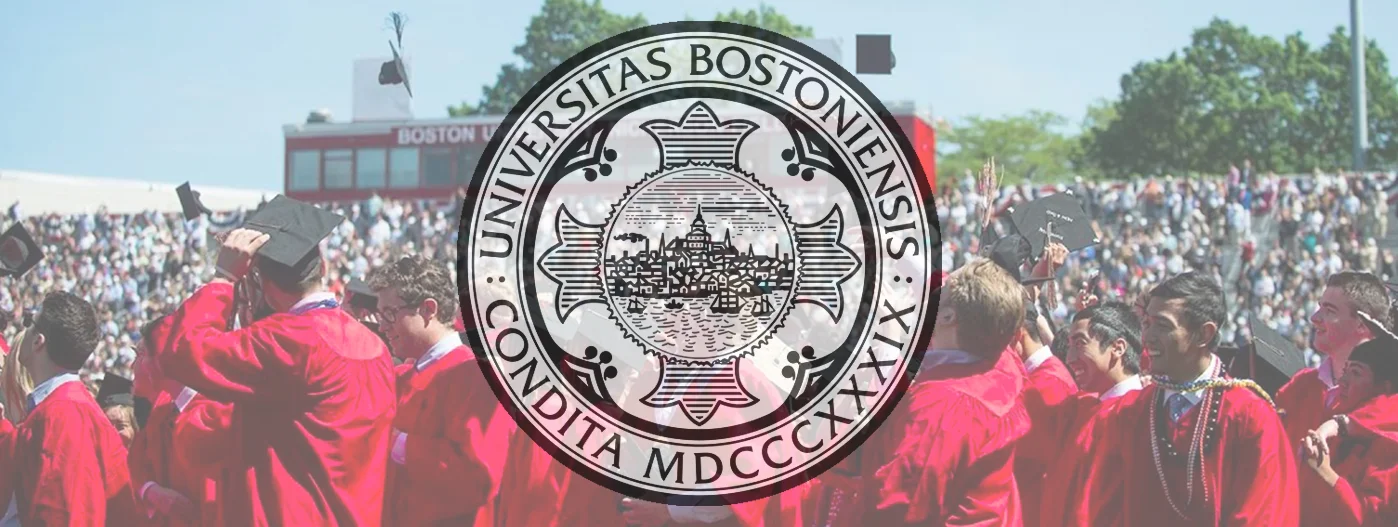ESPN
I did not watch Saturday night’s epic tilt between the Golden State Warriors and the Oklahoma City Thunder.
I did not see Stephen Curry’s triumphant, record-breaking, game-winning, 32-foot buzzer beater live.
I did, however, see it several times on Facebook, Twitter and Instagram. ESPN made sure of it.
If it seems that there’s even the slightest bit of bitterness in my tone, it’s because, well, I’m quite frankly exhausted with any and all things related to the Baby Faced Assassin. Our tremendous guest, Mr. Rob King (who’s personal qualities I will commend later), described anything to do with No. 30 as “crack” that his sports-loving audience flocks to, but I must say, it has quite the opposite effect on me.
I know that, despite the vast majority of people who are enamored with Curry (after all, he did cite the impressive data analytics), I am not alone. You see it all the time. For nearly every major athlete in the world, there is the hater battle cry: “This guy is so overrated.”
But what they’re saying isn’t quite what they mean to. What they’re really trying to say is, “This guy is so overexposed.” Back to this point shortly.
As my classmate Timmy Lagos described, King spent a considerable amount of time outlining the aforementioned data collection and utilization process, all of which I found to be tremendously interesting. He explained the curation of content, ensuring at all times that 80 percent of his audience be happy, and then detailed some of the particular programs which make that metrics gathering possible.
He even summarized all of these things into an answer, once and for all, to age-old question: “Why is my favorite team not on SportsCenter?” For a few minutes, I even bought his response, with all of his flashy statistics and easy disposition.
But still, I couldn’t wave my inner, disgruntled fan away. As it turns out, I had a good reason.
Of all the technology King mentioned, SpredFast most caught my attention. Via his explanation, I gathered that the software relayed to ESPN what their fans, followers of ESPN’s social media, discussed across a variety of online platforms. Would it not follow, however, that at least a portion of what motivated that discussion was the content posted by ESPN itself? After all, if I see that there’s a trade rumor involving Al Horford on their Twitter, I’m vastly more likely to respond.
Media has always had the power of agenda setting. The responsibility of swaying popular opinion is huge because it is so easily done. Obviously, no one is coming to SportsCenter for unbiased breakdowns, but is it not entirely possible that, by selecting what to focus on, ESPN, the flagship of sports media, the veritable mecca of all things highlights, analysis and player news, is influencing what people want to see?
I’m sure that, as King likely would have attested, come the NFL season, Odell Beckham Jr. consumes an enormous amount of attention. He’s talented, he plays in a tremendously sized market; it all adds up. But even despite his jaw-dropping catch, if all network conversation around him had abruptly stopped, would people care?
In essence, I firmly believe that this process is not as linear as King depicted. It’s not simply the consumers telling ESPN what they want to see. It’s a cycle. They see an amazing play. They talk about it online. ESPN spends six minutes discussing it on SportsCenter and posting the highlight to every available forum. The consumers relive it, and further break it down, then go hunting for more information about the athletes involved, which ESPN provides (and so on, and so forth).
Even I, however, can’t decide where it begins or ends. How did the Red Sox and Yankees matchup get to be so popular in the first place? Likely because of media coverage. As someone who was an avid follower of an irrelevant (if I’m being perfectly honest) sport, equestrian, I frequently heard complaints about how broadcasts, when they even occurred, would take place at odd hours in the night. What would happen if a big-name sports network were to suddenly make a tremendous fuss over such a little-known competition?
Perhaps nothing (or worse). Not everything, after all, has the same potential for widespread appeal. But maybe, should they get the opportunity to watch more of his highlights, national viewers would earn more respect for a top-flight receiver like Allen Robinson – a member of the one NFL team King said didn’t make it into the Top 100 squads sports fans cared about.
At what point does a pioneer like ESPN stop regurgitating the same few names because they’re the most popular? As I mentioned earlier, the practice has already begun to sour. Every major sports fan has a name they can’t stand to see pop up. Tim Tebow? Conor McGregor? LeBron James? JJ Watt? Tiger Woods? Tom Brady? Ronda Rousey? Johnny Manziel? And yes, now, Steph Curry.
I appreciated King’s candor about the negative qualities of ESPN. Respectfully, I’d like to add this to the list. It will never be the thing to take down the titan, but, should a vibrant, innovative group begin showcasing less-known but equally (or more) impressive talent, the household name may soon have some serious competition. For this reason, I commend their exploration of the unknowns through their #SCTop10. If only some of those people weren’t the oversaturated in the making…
Now, a quick word on King himself. Wow. I didn’t know what to expect, but after a tight-lipped reception a week ago, this was a breath of fresh air. Of all the fantastic things he had to say, perhaps my favorite was his journey.
As a writer, I often toy with the possibility of spanning the gap into television and broadcasting, but too frequently see the median between the two as an insurmountable wall, a barrier cautioning me to stay on my side. I was heartened, however, to hear that King spent the better part of his career working in “the newspaper business.”
His determination to pursue work as an editorial cartoonist was both amusing and inspiring, reminding me that any dream worth pursing may not always readily be in reach. Many of my peers and I have almost tangible aspirations, but often, we dismiss them as being unreachable. It would seem that, according to King, so long as your legs keep churning in the direction of your passion, everything will be fine.
After all, as he described, there’s a home for everyone. Too bad he made ESPN seem like such a desirable one!

